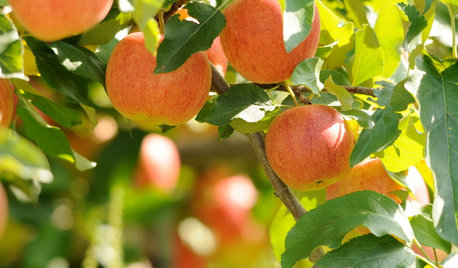Sow/pill/potato bugs...AAAAGGGHHHH!
Mearth
17 years ago
Related Stories

NORTHWEST GARDENINGPacific Northwest Gardener's March Checklist
Prepare for edible harvests and invite feathered friends to the garden — offering them slugs for lunch is entirely up to you
Full Story





gardengal48 (PNW Z8/9)
squeeze
Related Professionals
Canton Landscape Architects & Landscape Designers · Wixom Landscape Architects & Landscape Designers · Wakefield Landscape Contractors · Annandale Landscape Contractors · Canyon Lake Landscape Contractors · Dallas Landscape Contractors · Gresham Landscape Contractors · Manhattan Landscape Contractors · Pikesville Landscape Contractors · Westford Landscape Contractors · Wethersfield Landscape Contractors · Wilsonville Landscape Contractors · Dayton Decks, Patios & Outdoor Enclosures · Lauderdale Lakes Decks, Patios & Outdoor Enclosures · Westfield Decks, Patios & Outdoor EnclosuresMearthOriginal Author
Kimmsr
trancegemini_wa
MearthOriginal Author
classicaljazz
Kimmsr
californian
lelia
smallaxe
r_organicgarden
mikes100acdreamfarm